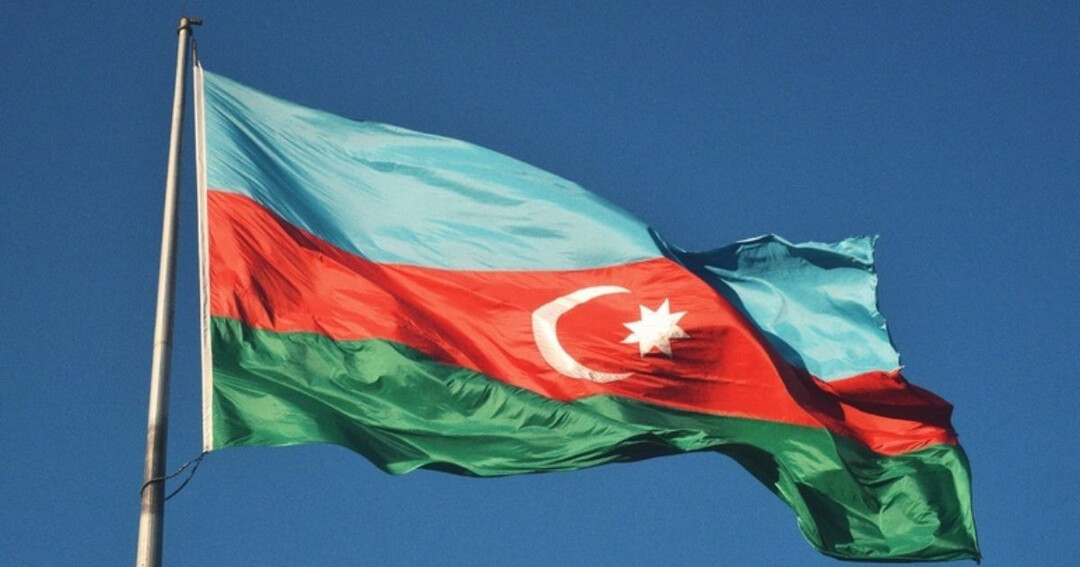
Baku, Azerbaijan - In a concerning escalation of repressive measures, Azerbaijan's General Prosecutor's Office has summoned USAID employees, queer citizens, and leaders of civil society organizations for interrogation. This move signals a significant intensification of the government's ongoing crackdown on dissent and independent activism.
The legal troubles of Bashir Suleymanli, head of the Institute of Civil Rights, have deepened as his appeal against pre-trial detention was denied. Suleymanli, facing charges of fraud, money laundering, and abuse of power, will remain detained for nearly four months. His supporters assert that his arrest is politically motivated, stemming from his efforts to bolster his NGO's reputation while avoiding illegal activities.
The past year has seen a marked increase in the persecution of civil society figures, with a growing reluctance among individuals to publicly discuss the government's actions. This climate of fear allows authorities to operate with minimal scrutiny.
Sources reveal that queer activists have also been targeted, interrogated about foreign grants, and that USAID representatives have been questioned, though they have largely remained silent. Mehriban Rahimli of the German Marshall Foundation, who previously faced multiple interrogations and a travel ban, is now under house arrest. Hafiz Hasanov, chair of the Development Public Association, was detained and questioned before being released under police supervision. Mobile phones of those interrogated have been confiscated.
Pro-government media outlets have played a key role in the crackdown, publishing articles that accuse civil society organizations of working against state interests with funds from foreign entities like USAID, the National Endowment for Democracy (NED), and the German Marshall Fund. These outlets allege illegal grant distribution, branding US-based organizations and investigative media as conduits for "dirty plans" against Azerbaijan.
Sanubar Heydarova, an exiled social worker, recounted her experience with a USAID grant, emphasizing her transparency and legal compliance. She questioned the timing of the government's accusations, asking why her legitimate activities are now being deemed illegal.
The intensified targeting of USAID and civil society groups raises serious concerns about the shrinking space for independent thought and action in Azerbaijan, with activists and international organizations facing increased pressure and scrutiny.
[Copyright (c) Global Economic Times. All Rights Reserved.]




























